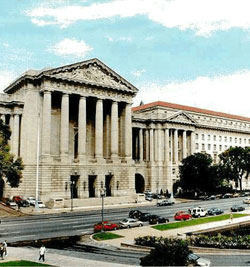Adding Context to the Fantex Public Offering
Part 1 of 3: Legitimate or Emotional Investment?
During the NFL season, millions of fans are emotionally invested in their favorite teams and players. But since Fantex, Inc. filed a preliminary prospectus with the SEC on October 17, the notion of financially investing in professional athletes has generated considerable buzz. After letting the dust settle, a careful reading of the company’s prospectus reveals numerous red-flags regarding this IPO – most notably to potential investors.
At first glance, Fantex’s strategy to raise capital appears pretty straightforward. The company will raise $10 million by selling ten-dollar shares to the general public. Fantex also entered into a “brand contract” with Houston Texan’s running back Arian Foster. Under the terms of this contract, Fantex will make a one-time, $10 million payment to Foster in exchange for 20% of his future earnings. The company expects to enter into similar brand contracts in the future with not only athletes, but also entertainers and other high-profile individuals. If Fantex’s efforts are successful, it will issue dividends to investors. Therefore, the more shares that are purchased, the more dividends investors can expect to receive – right?
As with most IPOs, nothing is ever quite so clear. The details in the prospectus reveal that Fantex lacks any clear business model. More importantly, there is no clear plan for generating a return for investors. Based on the prospectus, it is safe to conclude that any reasonable investor would not purchase shares under this IPO. However, this offering is perfect for those investors who do not actually intend to make any profit.

